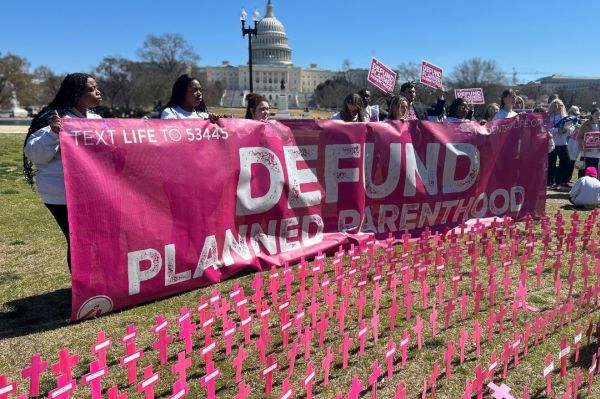Boys also need to be rescued from the sex industry

I recently saw a photo of a friend’s little boy. He’s a toddler, and extremely adorable, but what struck me about the photo was not his goofy smile or his silly antics — it was his shirt. The shirt read, “Boys will be boys held accountable for their actions.”
At its best, the saying “boys will be boys” is simply meant to joke about the mischief young boys can get into. But the growth of the #MeToo movement has highlighted a more negative side to this common phrase — and the ways this mentality might actually be harmful to women AND to men.
And if the “boys will be boys” mentality is hurting boys here in America, what is it doing to boys growing up alongside India and Thailand’s booming sex industry?
The impact poverty and a misogynistic mindset have on girls in these countries is fairly obvious. In the slums of India and Thailand, girls without an education must often join the sex industry to survive. It’s culturally accepted and expected.
But what about the boys? How does growing up around the sex trade impact them?
They suffer abuse and assault
A single mother working in the sex industry has two choices. She likely cannot afford child care, so if she has no family nearby, she is forced to leave her young children at home alone or bring her customers to her house. Both situations leave her child vulnerable to abuse and severe physical and emotional trauma.
Cases of sexual assault and child abuse often go unreported. There is usually fear of retaliation, and because a sex worker and her children are considered some of the lowest members of society, their stories of abuse aren’t believed … or considered important.
With no access to counseling or therapy, these boys will endure personal and relational issues for the rest of their lives.
They become numb to the horrors of the sex industry
If #MeToo has taught us anything, it’s that the messages we send as a culture matter. We as a society should be held accountable for what we teach our children. And when a boy grows up watching his mother and sisters objectified and forced to sell their bodies, he is conditioned to believe that this is normal.
He is taught that women are property and that their only value is in their bodies. With this mentality, he will be more likely to abuse women as he grows up or even become a pimp.
It is a cycle of misogyny that will stop only if these boys begin to hear a different message.
They are stuck in poverty
Without an education, even if a boy manages to reach adulthood unscathed by the sex industry, he will likely remain in poverty the rest of his life.
His wife and kids will grow up in the same community and around the same horrors he did — and he will be powerless to stop them from falling prey to a cultural tradition of abuse.
What can we do to help?
Child sponsorship is a powerful way to rescue a boy from this life and allow him to write a new story.
As a sponsor, you can provide him with essentials like healthy food, medical care, and more to help set him free from poverty. You can contribute to his education so he can get a good job when he grows up. And you can surround him with positive role models who will advocate for his safety and teach him how to properly treat women.
When you sponsor a boy, you change the narrative from one of misogyny and fear to one of hope.
In Uganda, one sponsorship program has already begun to alter the way one community views women. In their culture, daughters are traditionally considered valuable only if they can be sold in marriage. World Help’s global partners are working to change that mindset, and during a recent trip, visitors got to see the change firsthand.
Our partner asked a group of sponsored kids, “How do we treat women?”
“Love them!” yelled the children.
Then, he asked, “What do a lot of people think women are?”
The children responded, “Property.”
Finally, he asked, “Is that right?” and they all screamed at the top of their lungs, “No!”
The truth is, to truly bring an end to cultural slavery, we cannot just focus on rescuing girls. We have to help change the archaic attitude that women are possessions to be bought, sold, and used. And in male-dominated societies, that change starts with reaching the hearts and minds of young boys.
Emily Towns writes for World Help, a Christian humanitarian organization serving the physical and spiritual needs of people in impoverished communities around the world. To learn more about how you can rescue a child from the dangers of sex industry, click here.





















